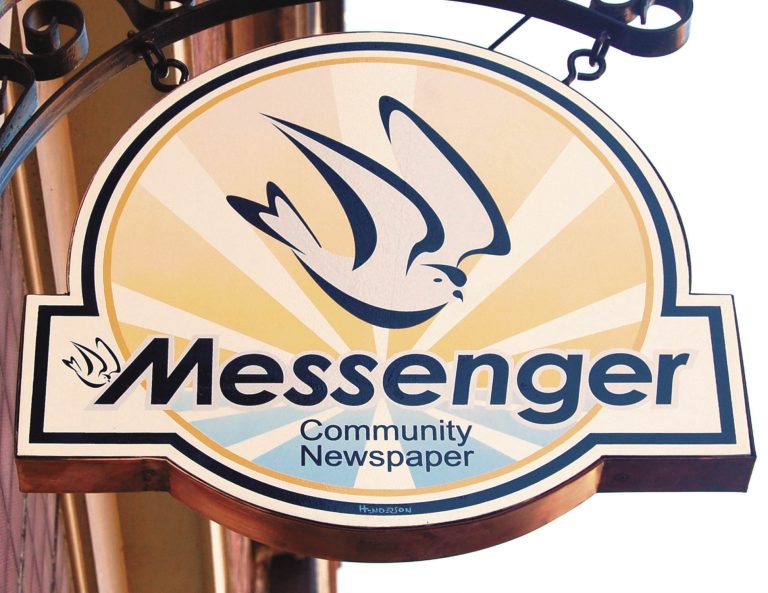By Sarrah Peters, News Editor
Mary Bailey began her career as a nurse when she was only 16. After her mother passed away when she was only 15, Bailey stayed with family, but the situation was not ideal. So she looked into working, and was asked how she felt about being a nurse. Bailey responded that she’d wanted to be a nurse since she was six years old.
Baptist Memorial Hospital, now known as Gadsden Regional Medical Center, was starting a school for LPNs. Bailey and her sister were taken in by Mrs. McGuffey, moved into McGuffey’s Rehab First, then in a different location, and cared for patients. From there Bailey went to the school at Baptist, living in a dormitory. After she finished, she moved in with a coworker. During the days, Bailey attended high school, came home for a nap, then went to work at Baptist at night.
Bailey attended Gadsden State Community College for a registered nurse associate degree, and a bachelor’s from Jacksonville State University.
She began her career with Baptist Memorial, and was sent for many certifications. One of these certifications was a cardiac workshop held at Emory University. During the workshop, the nurses learned how to perform many cardiac procedures by using a dog whose heart was slowed with medication. Bailey learned how to manually pump a heart and how to use a defibrillator.
Bailey brought the knowledge back to Baptist Memorial, and taught other nurses how it was done. Shortly after returning, the nurses had a Code R-a patient had gone into ventricular fibrillation and needed resuscitation. The nurses entered the room to see the doctor watching the monitor, and he asked who wanted to use the defibrillator.
Bailey volunteered, likely making her the first nurse in Gadsden to perform the procedure.
“I wanted to do it while the doctor was there,” Bailey said.
She prepared the defibrillator, made sure the others were clear and zapped the patient across the heart. The heart began pumping normally again.
In Bailey’s day, the hospital had only one crash cart. If someone crashed, a nurse would grab the defibrillator and run to the patient, using the stairs if it was on another floor. Others would roll the cart to the room via the elevator. This was done so the nurses could arrive in time.Now crash carts are kept on every floor, and more cardiovascular treatments are available
The American Heart Association funds many researches that have led to these medical breakthroughs. The AHA has contributed to the research that made diuretics, pacemakers, cardiopulmonary resuscitation (CPR), stents and more.
According to the AHA, cardiovascular diseases and strokes are still a major medical threat.
“More than 2,200 Americans die of heart disease, stroke and other cardiovascular diseases each day, one person every 39 seconds,” said the AHA. “These diseases claim more lives each year than cancer, chronic lower respiratory diseases and accidents combined.”
The AHA is dedicated to continue to fund research opportunities.
“Research is a major weapon in our fight against cardiovascular diseases,” said the AHA. “Since 1949, the American Heart Association has funded more than $3.3 billion in research to increase our knowledge about cardiovascular diseases and stroke.”
To raise money locally, Gadsden will host the 2016 Northeast Alabama Heart Walk. The walk will be held Saturday, September 24. Walk activities begin at 8 a.m. and the walk begins at 9 a.m. on the 300 block of Broad Street in Gadsden. The American Heart Association hopes to raise $150,000 this year.
For more information, visit Northeast Alabama American Heart Association’s Facebook page or nealheartwalk.org.





